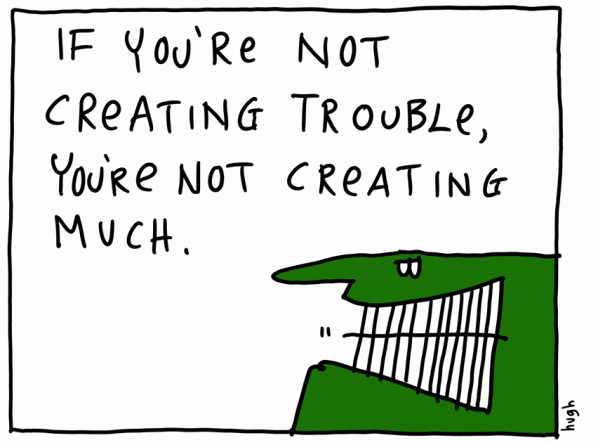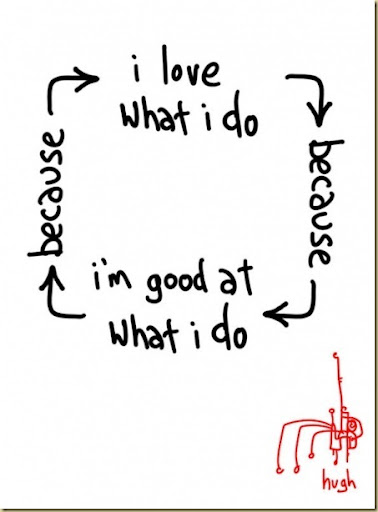Every month, we organize Webcamp KK where a group of web professionals, designers, developers, photographers, film-makers, animators, entrepreneurs and people who are passionate about web get together to share and learn from each other.
Over the past 15 months, we have a small but passionate core group of members who would meet up despite their busy schedules. We are very grateful to have people who share their knowledge and insights, who volunteer to help organize events and those who show up to give their support.
When asked what is Webcamp KK all about, some would say it's a gathering where people share and learn from one another. Some would see it as a networking platform where you get to meet passionate people from different industry. At times, it might look like a techie meetup or when the stars aligned, a session filled with creative passion and entrepreneurial spirit.
I would instead like to think that Webcamp KK is where people who have passion in their craft come together to share, learn and ultimately collaborate to create awesome work together. A place to nurture raw passion into effective action that impacts everyone.
This isn't a change in vision or direction for Webcamp KK but rather a confirmation that we are heading towards the right goal. In our last gathering, Team Sprocket and Asgardian School of Art showed us what is possible when your work is driven by passion.
So for the final Webcamp of the year, we will be getting action-takers to showcase their work to inspire us to also act on our passion and work on something great.





